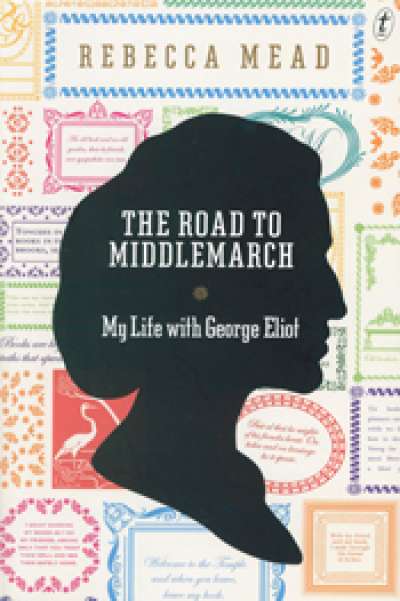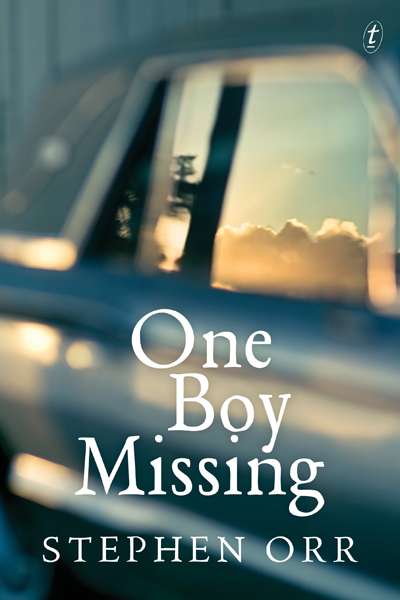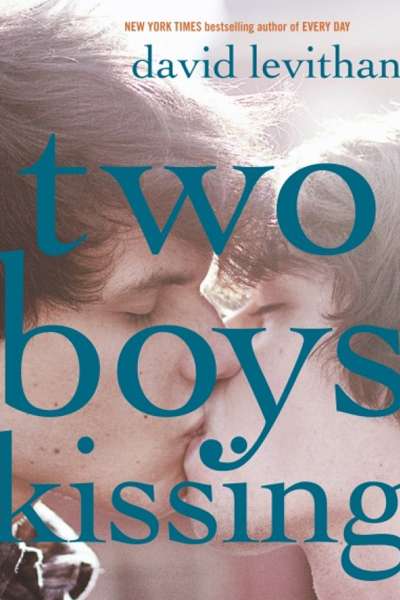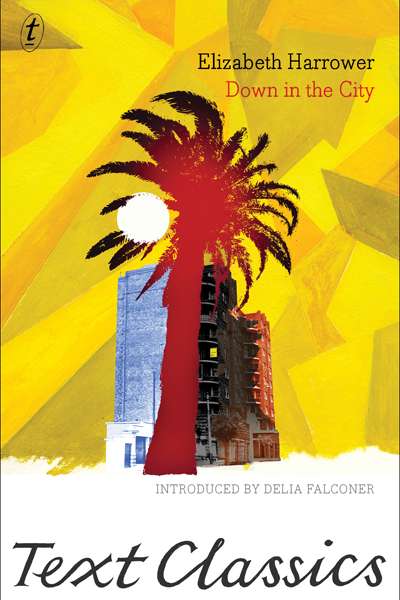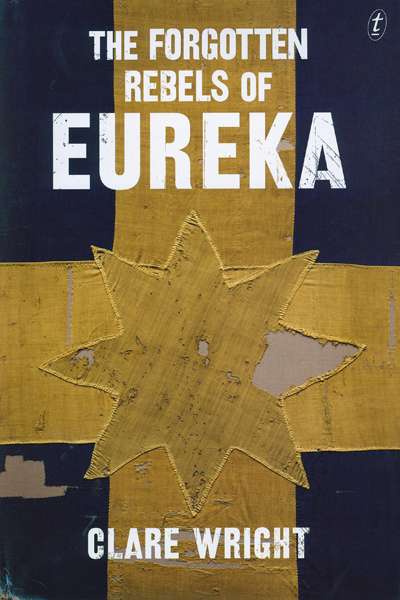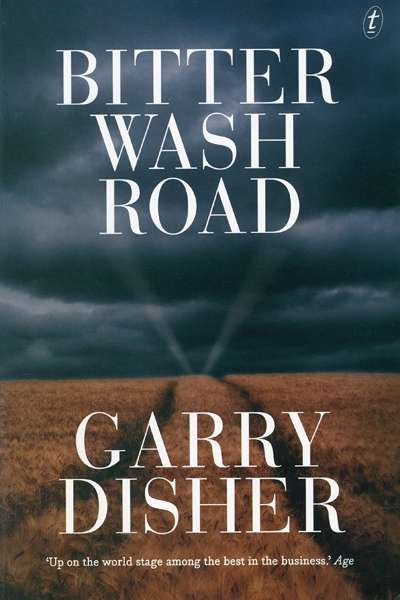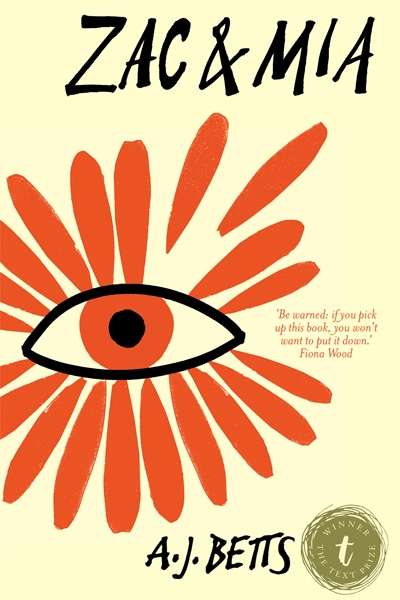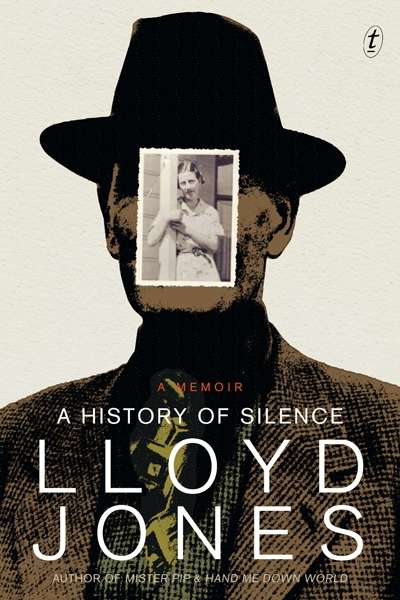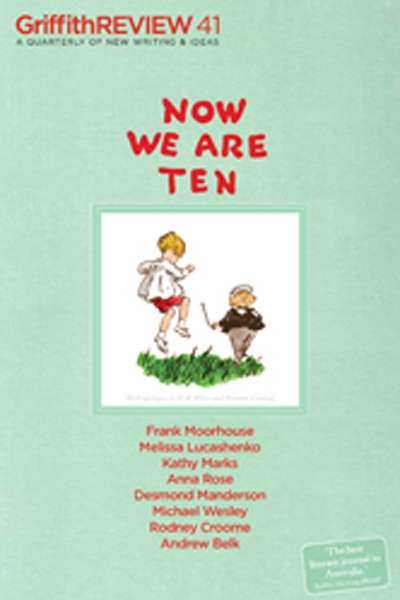Text Publishing
The Road to Middlemarch: My life with George Eliot by Rebecca Mead
The relationships between daughters and their mothers provide fascinating, fertile ground for exploration. Mothers in books are sitting ducks, really, and these three new Young Adult books take aim. One mother is a cavalier, emotionally blackmailing bank robber; another is adored, but nosy and old-fashioned; while the third, obsessed with organic food, is diagnosed with cancer. In All This Could End (Text, $19.99 pb, 288 pp, 9781921758447), Steph Bowe challenges the controlling mother trope by portraying one who robs banks. Antonella Preto treads the complex terrain between an Italian migrant mother and her first-generation Australian daughter in The Mimosa Tree (Fremantle Press, $19.99 pb, 376 pp, 9781922089199), while the prospect of losing one’s mother encourages sweet soul-searching in Aimee Said’s new novel Freia Lockhart’s Summer of Awful (Walker Books, $16.95 pb, 288 pp, 9781921977800). If being a mother is tough, being a daughter is no picnic.
... (read more)
